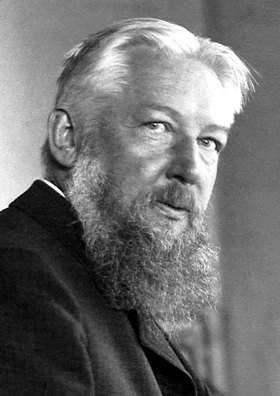List of nonreligious Nobel laureates on:
[Wikipedia]
[Google]
[Amazon]
 This list of nonreligious Nobel laureates comprises laureates of the Nobel Prize who have self-identified as
This list of nonreligious Nobel laureates comprises laureates of the Nobel Prize who have self-identified as






 This list of nonreligious Nobel laureates comprises laureates of the Nobel Prize who have self-identified as
This list of nonreligious Nobel laureates comprises laureates of the Nobel Prize who have self-identified as atheist
Atheism, in the broadest sense, is an absence of belief in the existence of deities. Less broadly, atheism is a rejection of the belief that any deities exist. In an even narrower sense, atheism is specifically the position that there no ...
, agnostic
Agnosticism is the view or belief that the existence of God, of the divine or the supernatural is unknown or unknowable. (page 56 in 1967 edition) Another definition provided is the view that "human reason is incapable of providing sufficient ...
, freethinker, or otherwise nonreligious
Irreligion or nonreligion is the absence or rejection of religion, or indifference to it. Irreligion takes many forms, ranging from the casual and unaware to full-fledged philosophies such as atheism and agnosticism, secular humanism and a ...
at some point in their lives.
Many of these laureates earlier identified with a religion. In an estimate by Baruch Shalev, between 1901 and 2000, about 10.5% of all laureates, and 35% of those in literature, fall in this category. According to the same estimate, between 1901 and 2000, atheists, agnostics, and freethinkers won 8.9% of the prizes in medicine, 7.1% in chemistry
Chemistry is the science, scientific study of the properties and behavior of matter. It is a natural science that covers the Chemical element, elements that make up matter to the chemical compound, compounds made of atoms, molecules and ions ...
, 5.2% in economics, 4.7% in physics, and 3.6% in peace. Alfred Nobel
Alfred Bernhard Nobel ( , ; 21 October 1833 ‚Äď 10 December 1896) was a Swedes, Swedish chemist, engineer, inventor, businessman, and Philanthropy, philanthropist. He is best known for having bequeathed his fortune to establish the Nobel ...
himself was an atheist later in life.
Shalev's book lists many Jewish atheists, agnostics, and freethinkers as religiously Jewish. For example, Milton Friedman, Roald Hoffmann, Richard Feynman, Niels Bohr, √Člie Metchnikoff, and Rita Levi-Montalcini are listed as religiously Jewish; however, while they were ethnically and perhaps culturally Jewish, they did not believe in a God and self-identified as atheist
Atheism, in the broadest sense, is an absence of belief in the existence of deities. Less broadly, atheism is a rejection of the belief that any deities exist. In an even narrower sense, atheism is specifically the position that there no ...
s.
Physics



Chemistry


Physiology or Medicine

Economics
Peace
Literature
See also
*List of Christian Nobel laureates
In an estimate by Baruch Shalev, between 1901 and 2000 about 65.4% of Nobel prize winners were either Christians or had a Christian background.Baruch A. Shalev, ''100 Years of Nobel Prizes'' (2003), Atlantic Publishers & Distributors, p. 57: betwe ...
* List of Jewish Nobel laureates
Nobel Prizes have been awarded to over 900 individuals, of whom at least 20% were Jews.
*
*
*
*
*
*
*
*
The number of Jews receiving Nobel prizes has been the subject of some attention.*
*
*"Jews rank high among winners of Nobel, but why ...
* List of Muslim Nobel laureates
* List of Nobel laureates
Notes
References
{{Nobel Prizes -Secular